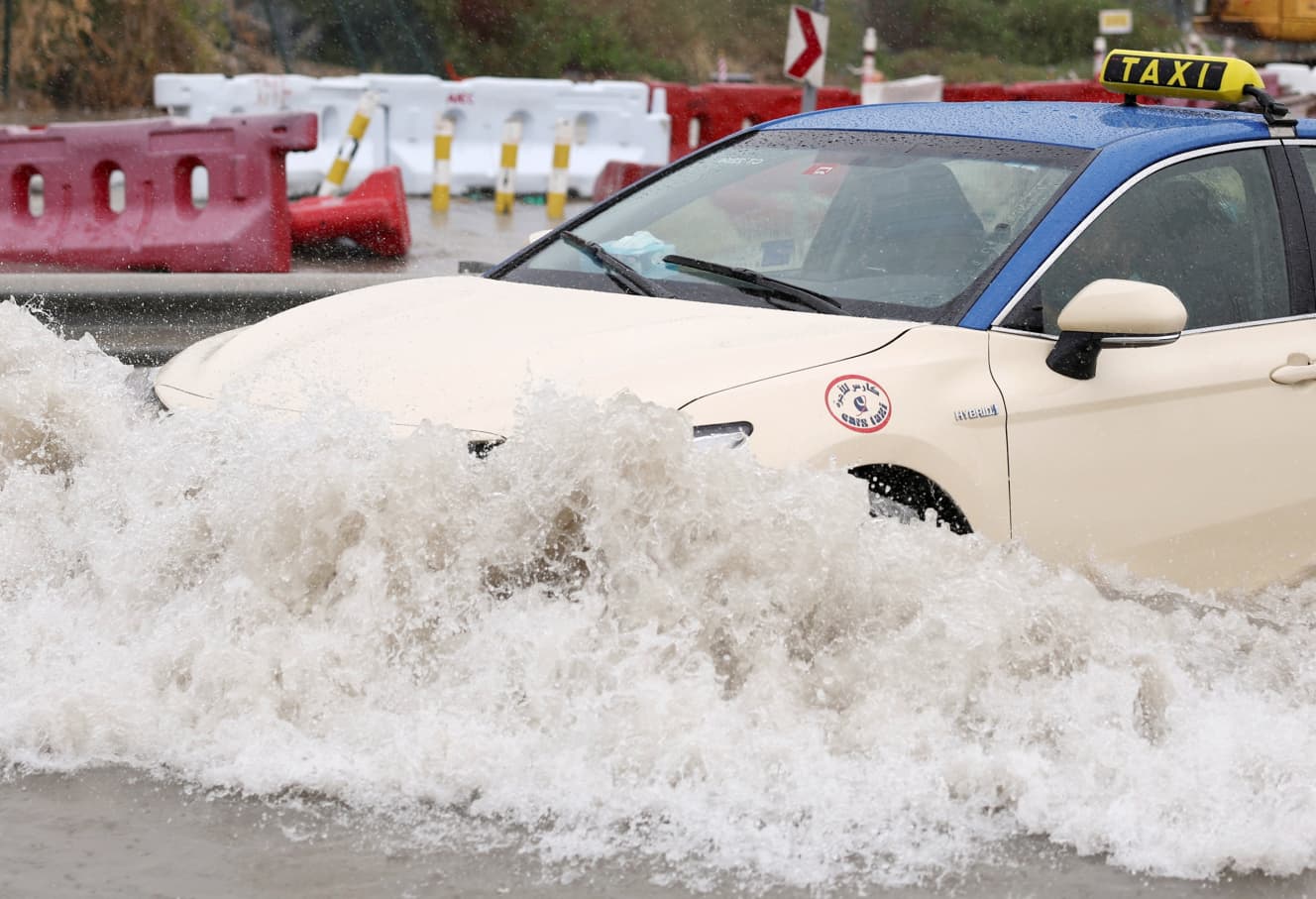Earth in Crisis Floods, Droughts, Glacier Melting: Super Global Warming Threatens Collapse
Coral and tropical fish in Tokyo Bay due to rapidly rising sea temperatures! Cities in China, Dubai, Russia, Argentina, Brazil, and other parts of the world are submerged one after another!

The vivid coral surrounded by gracefully swimming colorful tropical fish — what you see above is not a photo taken underwater in Okinawa or some tropical resort destination. It was captured right here in Tokyo Bay. This information comes from Jiro Uochi, the representative of “Katchama Diving Service” located in Katsuyama, Chiba.
“Reef-building corals like the Entacmaea quadricolor have rapidly expanded their habitat range within Tokyo Bay. Previously, tropical fish used to migrate around the area between August and October, but they couldn’t survive the winter and died off. However, now they are able to survive even through the winter, so they are no longer called seasonal migrant fish but rather ‘seasonal visiting fish’,” explained Uochi.
The reason behind the significant increase in tropical corals and fish within Tokyo Bay is attributed to global warming. According to the U.S. National Oceanic and Atmospheric Administration, the global sea surface temperature has been breaking records for 12 consecutive months. This has caused significant changes in Japan’s ecosystems. Professor Yoshihiro Tachibana from the Faculty of Biological Resources at Mie University, who specializes in climate change, elaborated on this.
“While seawater temperatures have been rising for some time, we have experienced an unprecedented increase since last summer. The rise in sea surface temperatures in the Indian Ocean and the Mediterranean, among other places, is highest in the waters near Japan. On average, it has risen by nearly 7°C. This is likely due to the intense heat and the Kuroshio Current extending up to near Hokkaido. I believe the reason why we can no longer catch Pacific saury in Hokkaido waters is due to this effect,” said Professor Tachibana.
This abnormal situation is not limited to Japan alone. Serious damages are occurring on a global scale due to super global warming. With the atmosphere holding more moisture due to super global warming, killer rainstorms have been occurring simultaneously worldwide, in places such as Russia, Argentina, and Brazil.
“In Kenya, Africa, Nairobi experienced a week of torrential rain in March, resulting in the deaths of nearly 230 people and over 70 people missing due to dam collapses and other incidents. In Guangdong Province, southern China, heavy rains totaling 432 mm occurred over a month from April, causing floods and landslides on highways, resulting in the deaths of about 50 people. In Dubai, United Arab Emirates, in April, more than 34 mm of rain fell in 24 hours, more than four times the annual average, resulting in the deaths of more than 20 people,” explained a journalist from a national newspaper’s international department.
According to the World Meteorological Organization, sea levels rose by 2.14 mm annually from 1993 to 2002, but from 2013 to 2022, it increased to more than twice that, at 4.72 mm. The cause is not only heavy rainfall but also glacier melting.
“Ice from the Arctic and Antarctic is melting in large quantities and flowing into the sea. Glaciers in the Swiss Alps have lost 10% of their volume in the past two years. They are shrinking at a rate of up to 50 meters per year. On the other hand, droughts caused by heatwaves are also severe. Lakes and ponds in Spain and Colombia are drying up, leading to serious water shortages,” said the same journalist.
Professor Tachibana sounded the alarm.
“Extreme heatwaves can also lead to large-scale wildfires. Large forest fires have occurred in Canada, Russia, and Spain, among other places. We may see them in Japan this summer as well. The rapid warming has drastically changed the climate worldwide since last year. Abnormal weather patterns may become commonplace if we don’t act quickly. To stop this, we need to urgently reduce carbon dioxide emissions. We can’t afford to delay. Global warming is an urgent issue for humanity,” he emphasized.
With global warming progressing at an unprecedented rate, the Earth is approaching a point of no return.









From the May 31, 2024 issue of FRIDAY
PHOTO.: Hiroshi Okura AP/Afro Reuters/Afro VCG/Afro Jiji Press